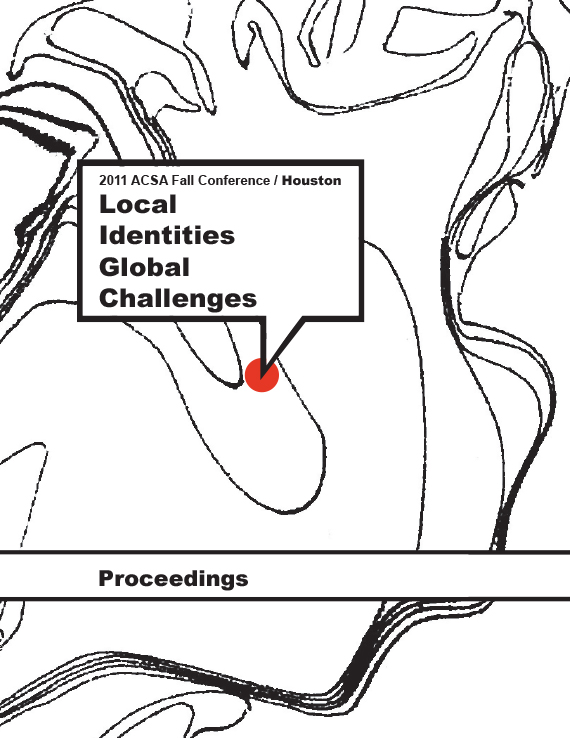Author(s): Gregory Marinic & Ziad Qureshi
The context of architecture is an inherently social,political, and cultural phenomenon. Since 1851,the World Exposition has had a profound impacton shaping architecture and urbanism from bothcritical and historical perspectives. With particularfocus on the World Exposition as a dynamic globalphenomenon, this essay explores its layered depth.Theory and practice are equally considered, as wellas issues of changing political and cultural identities.The origins of the World Exposition are referencedwith respect to parallel developments inarchitectural theory, technology, and design from1851 through the 21st century.The World Exposition offers an invaluable culturallens for design research in an academic context.EXPO 2020, an interdisciplinary undergraduate designstudio at the Universidad de Monterrey, exploredthe richness and potential of the historicalWorld Exposition. The studio developed a criticalunderstanding of architecture and urbanism fromlocal and global perspectives. The course beganwith a research-based analysis of the exposition inreference to its broad themes and changing contemporary notions of “national” identity. This initialresearch, combined with analyses of local urbanconditions, created a foundation for hypotheticalexposition proposals and urban design interventionspositioned in emerging global cities. The approachin the studio was multi-scalar and multi-perspectival, culminating in the design of both anurban strategy and a “national” pavilion.
Volume Editors
Ikhlas Sabouni & Jorge Vanegas

 Study Architecture
Study Architecture  ProPEL
ProPEL 
